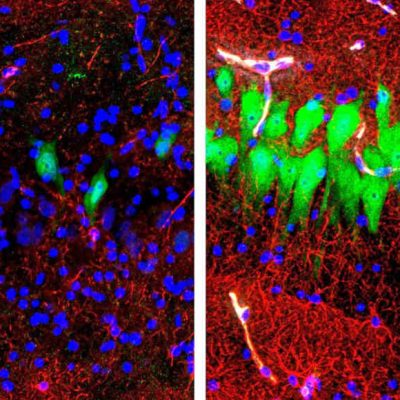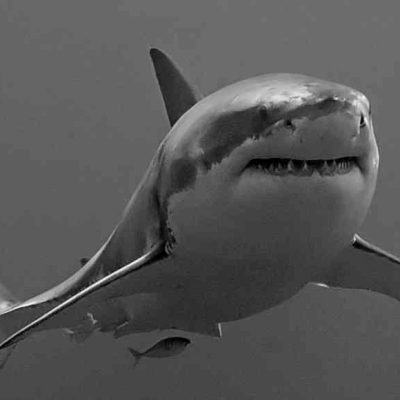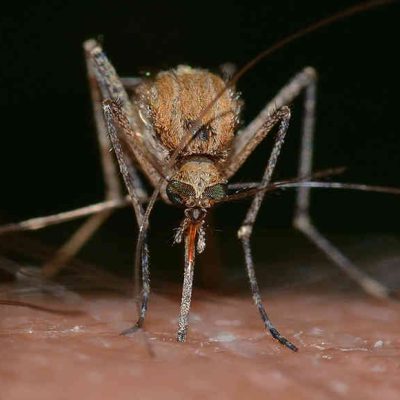Science Shop
Advertisement
Revival of Brain Cells After Death
- By Geert Devenster
- . April 20, 2019
In a groundbreaking experiment, scientists at Yale School of Medicine have managed to partially revive a pig’s brain four hours after its death. Using the

Human gene inserted into monkey brain
- By Geert Devenster
- . April 20, 2019
Chinese and American scientists have successfully implanted the human gene MCPH1 into the brains of Rhesus monkeys. The gene is responsible for brain development, and

Diesel cleaner than electric cars.
- By Geert Devenster
- . April 19, 2019
A recent study by the ifo Institute has found that electric cars, such as the Tesla Model 3, produce more CO2 emissions than comparable diesel

Cannabis users require more anesthesia
- By Geert Devenster
- . April 19, 2019
A recent study published in The Journal of the American Osteopathic Association has found that individuals who regularly consume cannabis, large amounts of alcohol, or

3D-Printed Human Tissue Heart
- By Geert Devenster
- . April 18, 2019
In a groundbreaking development, scientists at Tel Aviv University have created a prototype of an artificial heart using 3D printing technology. The heart is made

New drug suppresses peanut allergy.
- By Geert Devenster
- . April 16, 2019
A new breakthrough in the treatment of food allergies has been announced by scientists at the University of Notre Dame. The team has developed a

Longer Life with Coffee Consumption
- By Geert Devenster
- . April 16, 2019
A recent study published in the JAMA Internal Medicine journal suggests that coffee consumption may have a life-extending effect. The study analyzed data from approximately

White Shark with Mercury Protection
- By Rolf Lewis
- . April 15, 2019
In a groundbreaking study, researchers at the University of Miami have discovered that despite high levels of heavy metals in their blood, wild white sharks

How Mosquitoes Find Their Prey
- By Rolf Lewis
- . April 12, 2019
Biologists have discovered an important mechanism in mosquitoes that allows them to find their victims. By deactivating a specific scent receptor, the mosquitoes’ biting activity

Baldness hits small men: gene study
- By Geert Devenster
- . April 9, 2019
A recent study conducted by the University of Bonn has identified gene variants that increase the risk of early hair loss and prostate cancer in









